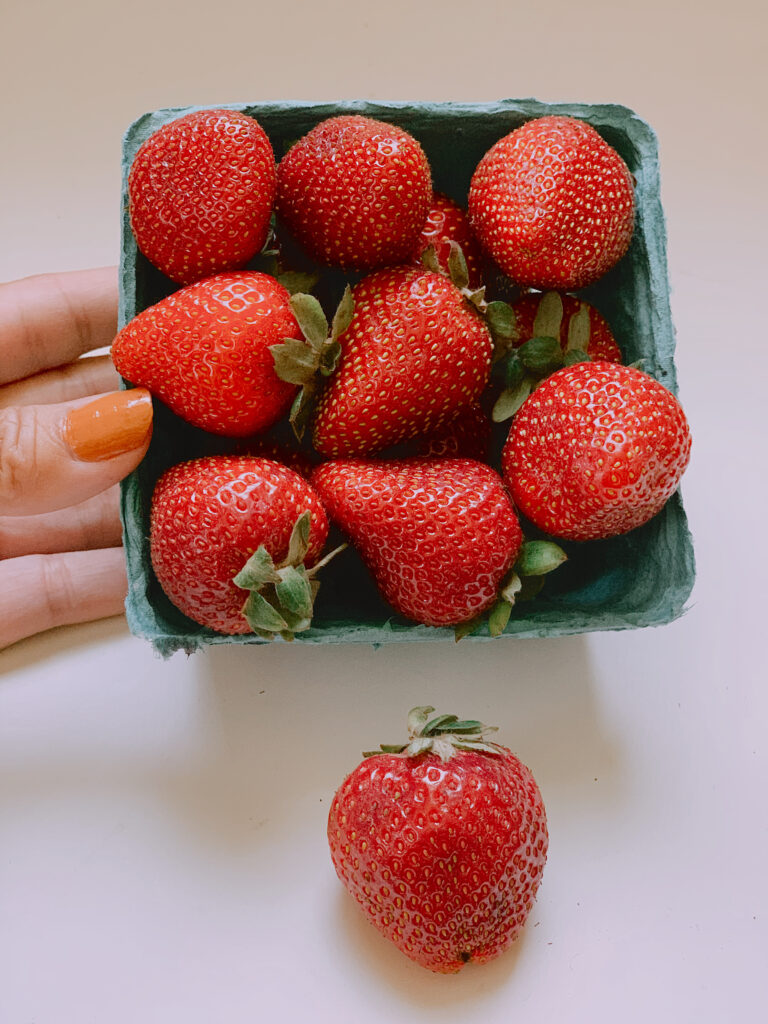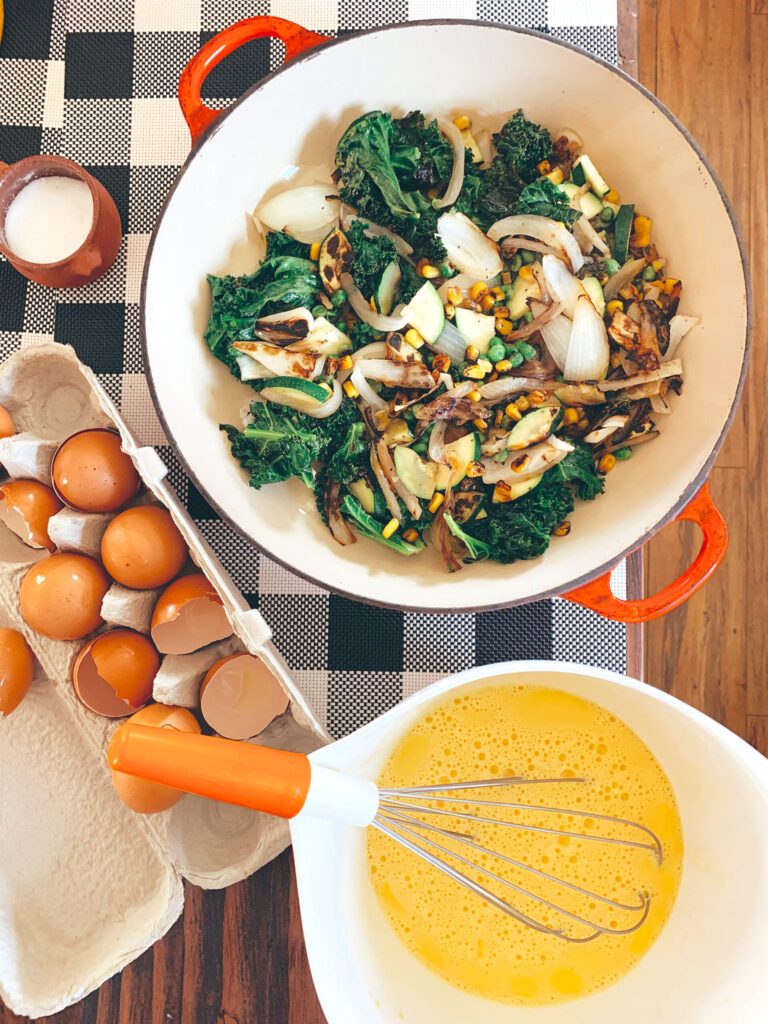After IVF (Part 3): The Two-Week Wait + the Call
After the transfer (they gave me a Valium), I was home resting in bed while the husband took care of me. The nurses told me to eat like I’m already pregnant. This ensures optimal health and wellness from the very beginning of a potential pregnancy. So I did some research on the ideal diet.
Good Foods After IVF
Ideally, you’ll want to eat along the lines of the Mediterranean diet, which emphasizes whole foods, healthy fats, and low sugar intake.
Fresh fruits and vegetables are always great for you, but consider the following produce following IVF:
- Bananas
- Beets
- Berries
- Broccoli
- Dates
- Leafy greens
- Sprouts
- Sweet potatoes
For protein, the following are suggested lean and nutritious sources, many of which are high in fiber or loaded with healthy omega-3 fatty acids:
- Anchovies (no, thanks)
- Beans (ughh, makes you gassy and not sure if the cramps are due to possible pregnancy or farts)
- Eggs (support your local farmers’ markets and buy fresh)
- Hummus (think Trader’s Joe)
- Nuts (does pecan pie count, asking for a friend)
- Salmon (think burgers and quinoa dishes)
- Sardines (yuck, can’t eat this)
- Seeds
- Yogurt (love Greek yogurt and honey as a snack)
I don’t like seafood so there’s no way I am going to eat anchovies or sardines. I might eat fresh salmon, but I have to be in the right mood. For carbs, try to side with oats and whole grains. They are filling but also high in fiber and less refined as other kinds of wheat products. I’m gluten-free, so I’ll have oatmeal or Greek yogurt with berries and honey instead. I’ve been freezing berries and making morning smoothies, too with oat milk.
Foods and Beverages to Avoid After IVF
After IVF, you’ll want to avoid drinking alcoholic beverages as well as sodas. The alcohol and the high sugar content are bad for your health and bad for the embryo that’s been implanted.
Avoid processed foods, junk food, processed meats, and soft cheeses (say goodbye to Blue and Brie). These tend to be worse for general health and wellness due to preservatives and fillers.
While fish is an ideal source of protein and healthy fats, you’ll want to avoid fish and seafood with a high mercury content. That includes tuna, mackerel, and sea bass. Say goodbye to sashimi for a while.
Vitamins and Dietary Supplements
Be sure to ask your acupuncturist about vitamins and herbs during the IVF process. It may not always be an issue, but it’s better to be safe than sorry when it comes to various substances you’re taking and how they should potentially impact a pregnancy. I popped a prenatal pill every day.
Other Aspects of Post-IVF Care
Your diet is just one aspect of post-IVF care to consider. Physical activity, stress, and environmental factors can impact your chances of pregnancy. I’ve literally unplugged my social media (no personal Facebook, no Instagram), started to practice calligraphy on the iPad, and listening to low-fi music with a splash of Mozart, all in bed. I also wouldn’t advise Googling “symptoms for successful IVF pregnancy” because everyone’s bodies react differently and you surely don’t want anxiety before the call.
The “Call”
After two weeks of body preparation, you will go into the office for a blood test and will get the “call” from your doctor the same day. Unfortunately for us, the result was negative. But I was mentally prepared, so I was not greatly affected by the news. As a realist, I knew my chances were low and I accepted it. My husband, on the other hand, took the news much harder, and he needed some time to digest. We believe in God and ultimately, it was not meant to be. Our network of friends has been extremely supportive and kind; we are grateful for them.
I hope my IVF posts gives you an overall perspective on the process. It’s not a cake walk and if you succeed, it’s probably the most fulfilling lifetime experience. I am glad I went through it — there are no regrets on my end. If you have questions, please do not hesitate to leave a comment below! Good luck with your own personal journey!






